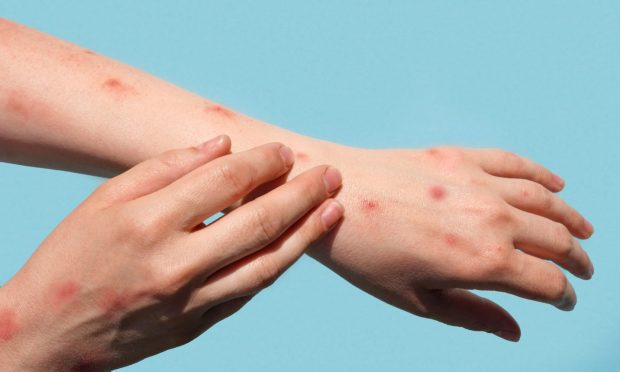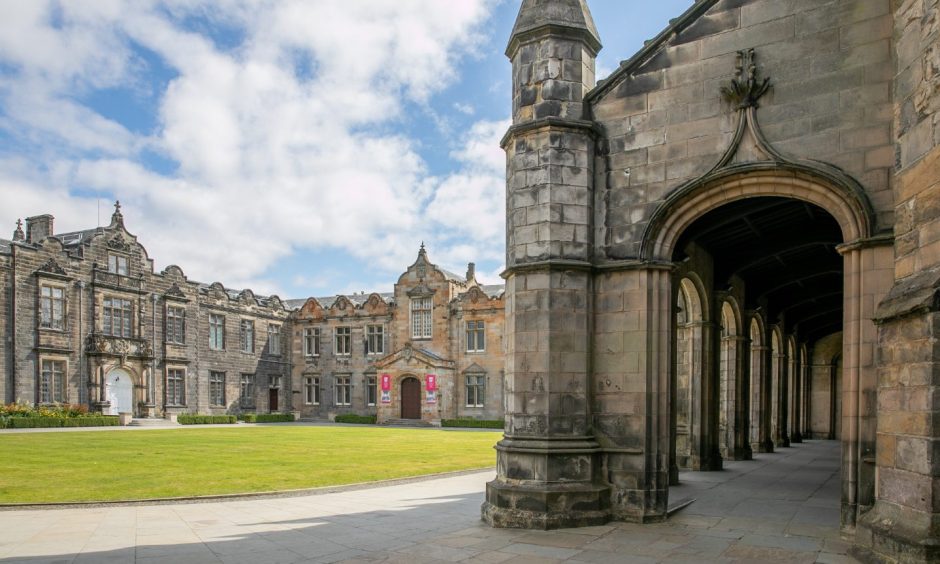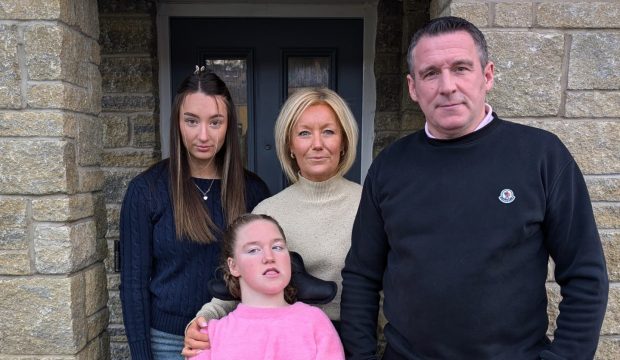A case of measles has been confirmed in Fife.
A St Andrews University student tested positive for the infection earlier this month.
The student – who is not seriously ill – is isolating at home in a private flat in the town.
It is the second lab-confirmed case of measles in Scotland since October 2023 – and comes amid concerns about rising numbers of measles cases in the UK.
St Andrews student ‘receiving appropriate care’ as Fife measles case confirmed
The student involved did not attend any classes while infectious but did go to the Refreshers’ Fayre at the students’ association on January 21.
Close contacts have been informed and the student is receiving “appropriate care and support”, the university says.
Vaccine clinics are now running in the students’ association building from Tuesday (January 30) until Friday (February 2) between 9am and 3pm, for anyone not protected against measles, mumps, rubella or meningitis (MMR).
A letter from Professor Clare Peddie, vice-principal, on the St Andrews measles case said: “If you attended the fayre, it’s important that you check your vaccination history.
“If you haven’t had two doses of MMR vaccine (with both doses after the age of 12 months), we recommend you take advantage of our clinics to get yourself protected.
“Even if you didn’t attend the fayre, it’s recommended you take advantage of the protection offered by the MMR jab.
“Most people already have immunity to measles through the MMR vaccine or exposure to the illness as a child.
“If you have had both doses of MMR vaccine (with both doses after the age of 12 months), or had measles earlier in your life, you do not need to worry, you are already protected.”
What is measles?
Measles is very contagious and is spread through coughs and sneezes.
The infection can cause serious problems in some people if they are not vaccinated, have weakened immunity, or are pregnant.
Measles usually starts with cold-like symptoms, followed by a rash a few days later.
Some people may also get small spots in their mouth.













Conversation